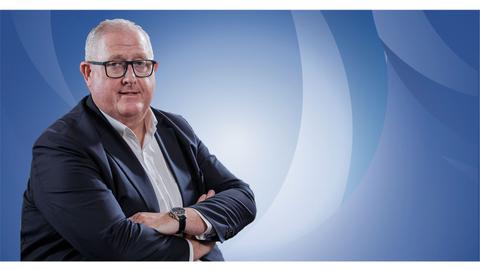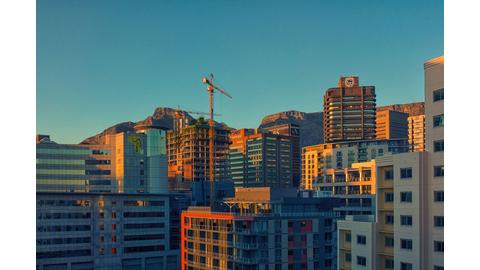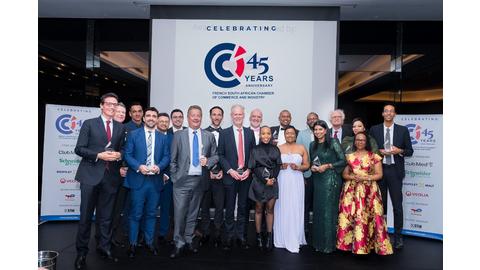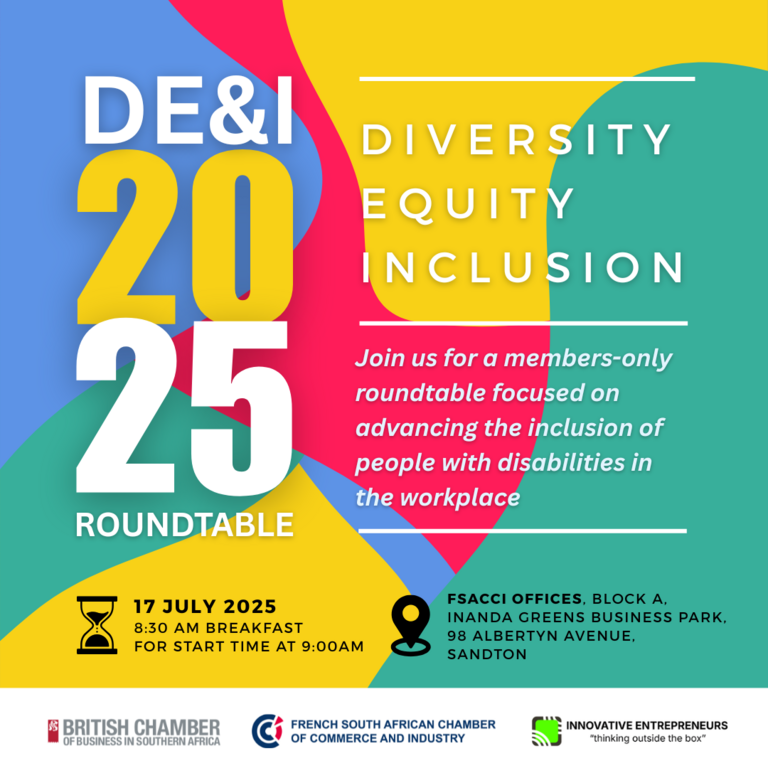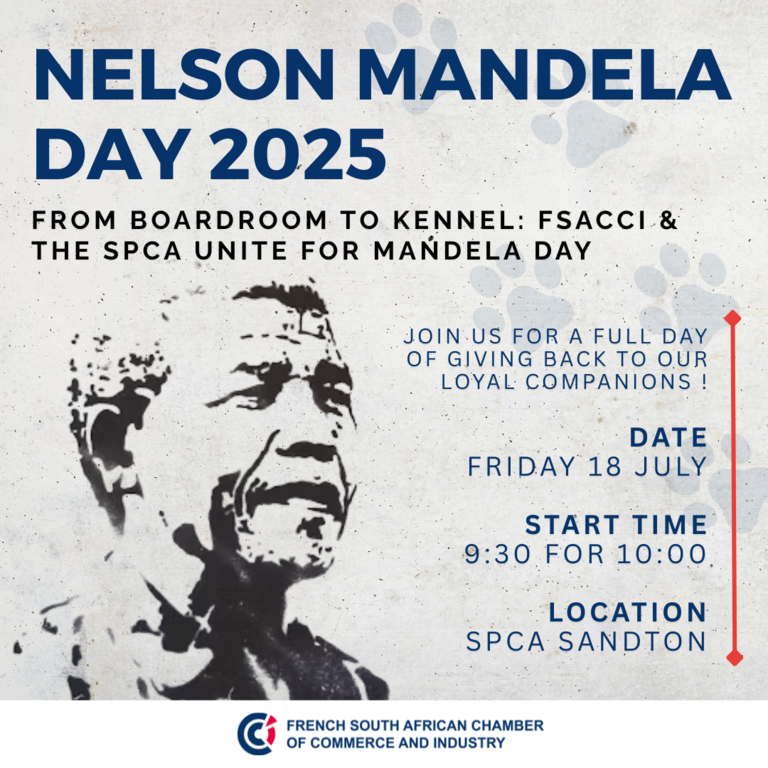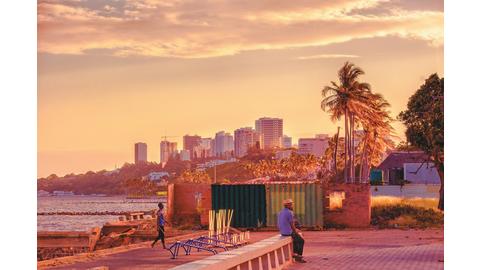Analyses & Studies
Can South Africa’s Transport Budget Deliver More Than Promises?
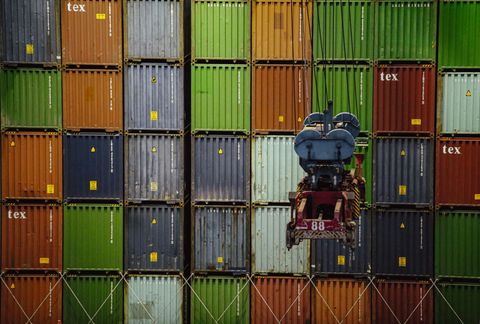
The South African government's recent decision to allocate R402 billion to transport and logistics infrastructure is a necessary step towards revitalising the economy. On paper, this substantial investment promises improved roads, enhanced rail systems, and modernised ports, all of which are crucial for economic growth and trade competitiveness. However, history tells us that South Africa’s challenges in infrastructure development go beyond mere financial commitments. The success of this initiative will depend on how well the government navigates issues of governance, project execution, and the integration of private-sector expertise.
One of the biggest concerns surrounding this allocation is whether state-owned enterprises (SOEs) responsible for infrastructure development can effectively manage the funds. The Passenger Rail Agency of South Africa (PRASA) has seen a steep decline in its ability to provide reliable rail services, with ridership plummeting due to mismanagement and corruption. Similarly, Transnet, which oversees South Africa’s freight rail and ports, has struggled with operational inefficiencies, equipment shortages, and a failure to meet industry demand. While the budget speech outlines efforts to stabilise these institutions, scepticism remains about whether they can deliver on their mandates without structural reform.
A significant aspect of the budget is its emphasis on public-private partnerships (PPPs) to drive infrastructure development. This is both an opportunity and a challenge. On one hand, well-structured PPPs can bring in much-needed capital and expertise to ensure projects are completed efficiently. On the other hand, South Africa has a history of poorly executed PPPs that have led to cost overruns and delayed project completions. Clear regulatory frameworks and transparency in deal structuring will be critical to ensuring these partnerships work for the benefit of all stakeholders.
Funding this infrastructure plan, however, comes with a cost. The government has proposed a VAT increase, which, while intended to strengthen public finances, places an additional burden on consumers and businesses. Higher taxes could dampen consumer spending, particularly in a fragile economy still recovering from past downturns. Yet, if the infrastructure investments lead to improved transport efficiency, lower logistics costs, and enhanced trade routes, the long-term economic gains could outweigh the short-term fiscal pressures.
From a broader perspective, this investment in transport and logistics presents a significant opportunity for international businesses, including French firms looking to expand their footprint in South Africa. France has a strong reputation in transport infrastructure development, rail engineering, and urban mobility solutions. Companies with expertise in smart transport systems, construction, logistics, and rail technology could find lucrative opportunities in partnering with South African entities to modernise infrastructure. Alstom, for instance, has already played a crucial role in South Africa’s rail sector, having been instrumental in the development of the Gautrain. Given South Africa’s need for technical expertise and the push towards greater private-sector participation, French companies have a chance to play a pivotal role in shaping the country’s transport future.
While scepticism is warranted given the country’s track record in infrastructure execution, there is reason to believe that, with the right approach, this investment could be transformational. The Government of National Unity (GNU) faces a critical test in proving that it can manage these funds responsibly, implement projects efficiently, and foster an environment that encourages private investment. If successful, this could not only improve South Africa’s logistics landscape but also create new avenues for trade, investment, and economic collaboration between South Africa and France. Ultimately, the question is not whether the country needs this investment—it does—but rather whether it has the institutional capacity and political will to ensure that it delivers meaningful results. The world, and potential investors, will be watching closely.
Moore Johannesburgis a member of the French South African Chamber of Commerce and Industry (FSACCI).

